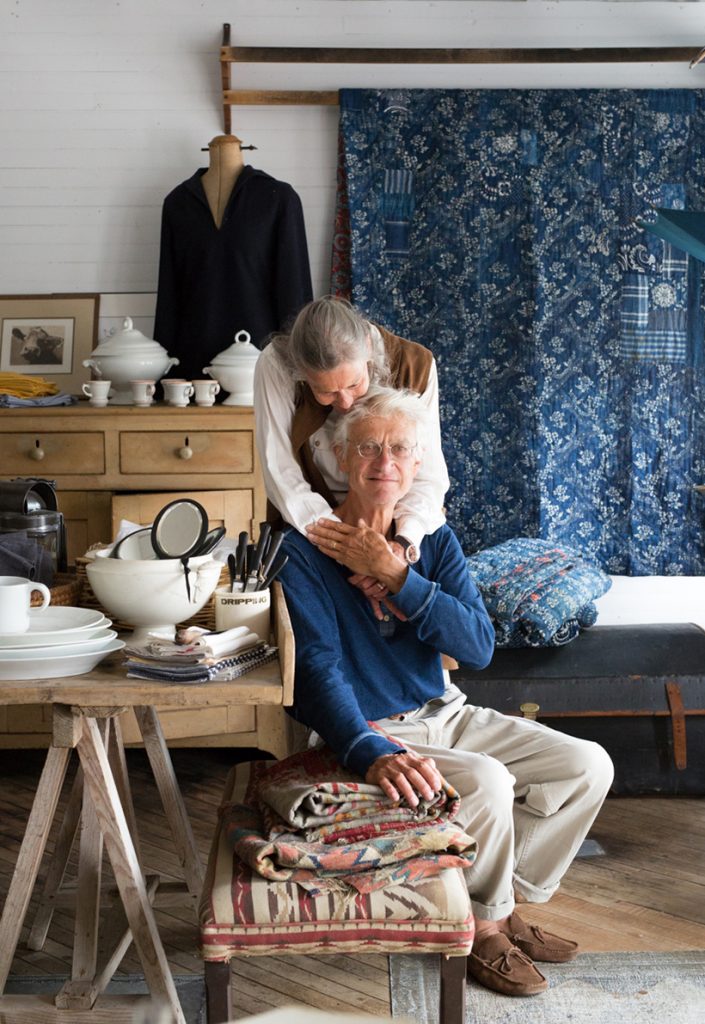One of my friends recently confided that her marriage counselor had suggested she and her partner ask each other during a disagreement “What story are you telling yourself about what is going on right now?” I’ll admit that I rolled my eyes at first. It felt like one of those pieces of advice that was so “therapy” but might be hard to apply in real life. But since then, I can’t stop thinking about the idea.
Especially in conflict, our perceptions are often so centered around ourselves that it can be hard to think clearly about what stories we tell ourselves about our careers, our friends, and our significant others.
Here’s a recent example from my own life. My husband (a classic introvert) was recently telling me that working out has been helping with his stress and anxiety. My immediate go-to was feeling that maybe I wasn’t “doing enough” to help him manage his stress. This perception was so centered around myself that it turned my husband’s positive efforts into a story about how I am not enough. Looking back, I can see that thought was not in line with reality.
I once had a therapist tell me that we all have one overarching story we tell ourselves about our lives. She had me do an exercise where I wrote one sentence about what my life “story” is. For me, mine was “I believe that I am different.” That story has formed so much for me – that I believe that the way I think and feel is slightly different from everyone else. Whether or not that is actually true, the point is that it has informed my perspective about the world.
Similarly, we each believe a specific story about our relationship with our partner (ie. “We’re soulmates”, “we are complete opposites”, “He is the creative, and I am the pragmatist.”). Zeroing in on these stories can be a valuable tool. If what comes to mind immediately is negative (“I do everything around here.” I’m emotionally needy” etc.) it’s important to reality check that story. In counseling we call this “checking the evidence.” One way is to actually write down what evidence you have for your story. By seeing the “evidence” (or lack thereof) on paper, it makes it easier to see things clearly and then move towards the story you want to be telling yourself.
I think it’s important to remember that no relationship is perfect. What you see on Instagram or from a ten minute interaction at a party does not tell the whole story. I highly recommend reading Esther Perel’s Mating in Captivity to help you identify some of the stories in your relationship. One idea that she talks about is that in a long-term relationship you have many relationships – that you have you accept that the stories in your relationship change and that with the birth of a new story is the birth of a new relationship. I love that idea, because it leaves room for a relationship to grow like a living and breathing thing, which is what we all are.






